FREE SPEECH 46: Safe Spaces, Trigger Warnings, and Free Speech, with Alexander Tsesis
Does allowing hate speech get such ideas into the open, where they can be defeated? How do we understand “trigger warnings” and "safe spaces" from a free speech perspective? Do existing legal guidelines on regulating speech work for all universities? How do we balance the right to speak, with the right to participate in open and robust debate?
How much deference should courts give to universities in setting their own free speech norms? What constitutes “low value” speech? How can these definitions remain narrow enough not to restrict certain types of speech? What happens when democratic rules are applied to suppress speech?
I spoke with Professor Alexander Tsesis who teaches at Loyola University’s School of Law in Chicago. His books include Constitutional Ethos, For Liberty and Equality: The Life and Times of the Declaration of Independence, We Shall Overcome: A History of Civil Rights and the Law, The Thirteenth Amendment and American Freedom: A Legal History, Destructive Messages: How Hate Speech Paves the Way for Harmful Social Movements. He is also the editor of The Promises of Liberty: The History and Contemporary Relevance of the Thirteenth Amendment.

